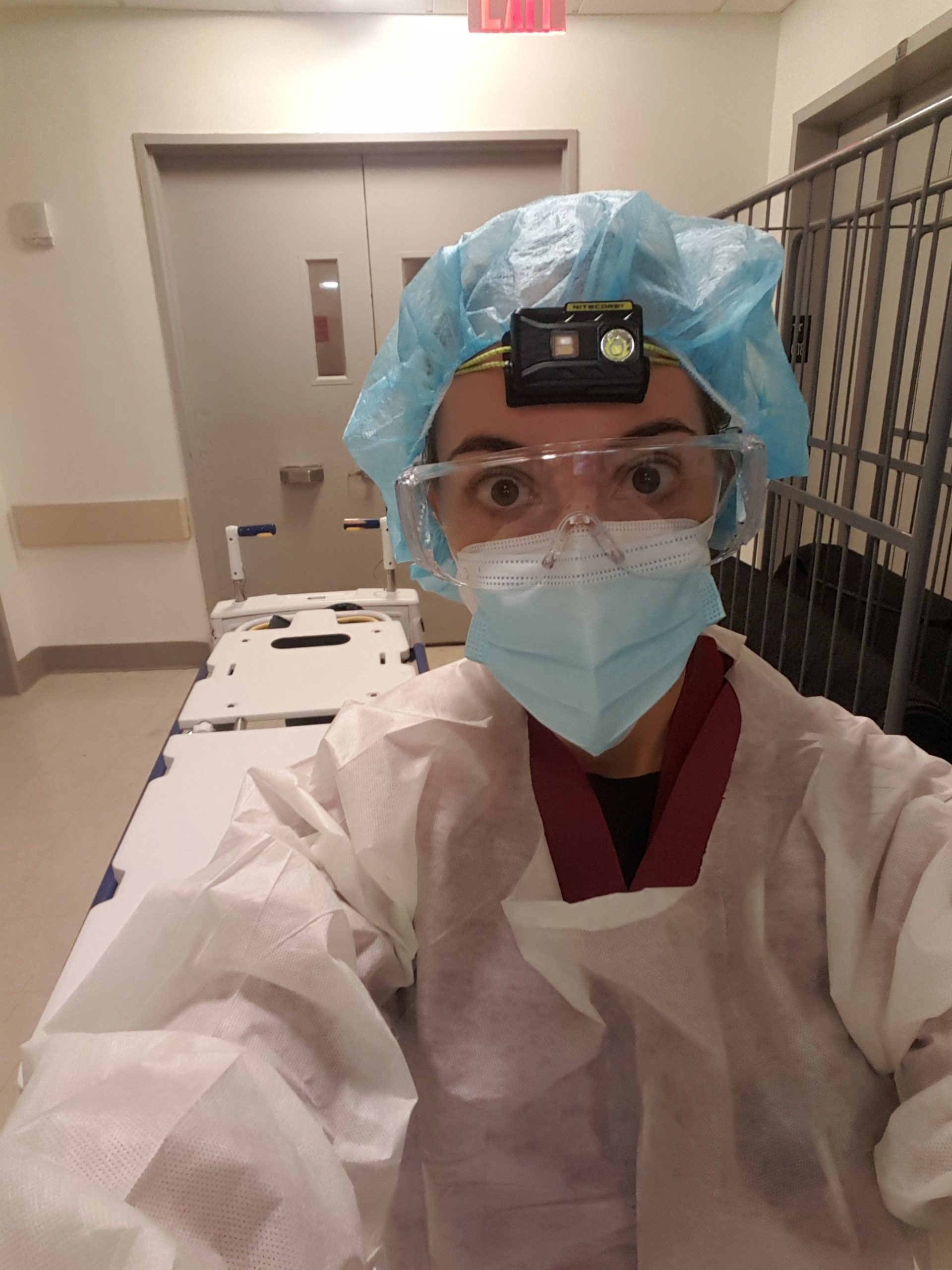On Monday, April 20th, I had the chance to speak with Adrienne Klein, a Fletcher graduate and former student of mine, about time she spent working in a makeshift morgue in New York City. I spoke with her while she was ‘camping out’ in quarantine in an empty apartment several blocks from her home.
In this first clip, I introduce Adrienne, who discusses how she got involved in the emergency COVID 19 response in NYC.
The actual work she undertook was incredibly difficult. Here, she describes the tasks that she undertook: working to help organize processes of transporting the dead from hospitals to morgues, and then to funeral homes, where possible.
The epidemic created new struggles for families of the dead, Adrienne notes, that complicated their grief.
Adrienne reflects on how her previous work experience in Argentina and Sri Lanka, and her studies at The Fletcher School prepared her for the work work in NYC, while noting that responding to a crisis near home presents distinct challenges.


